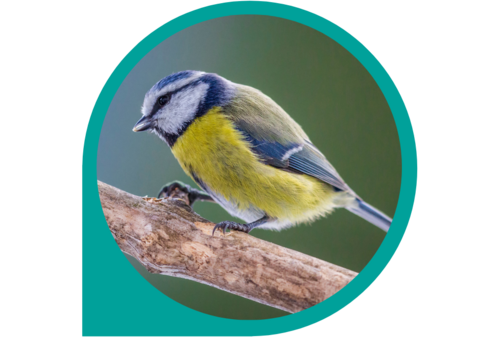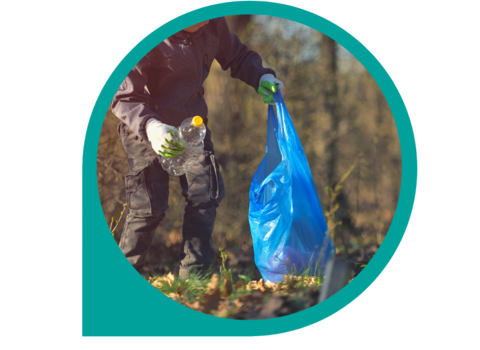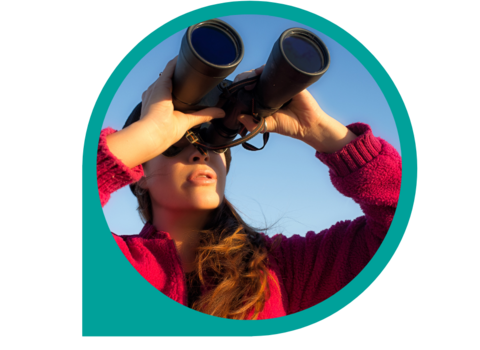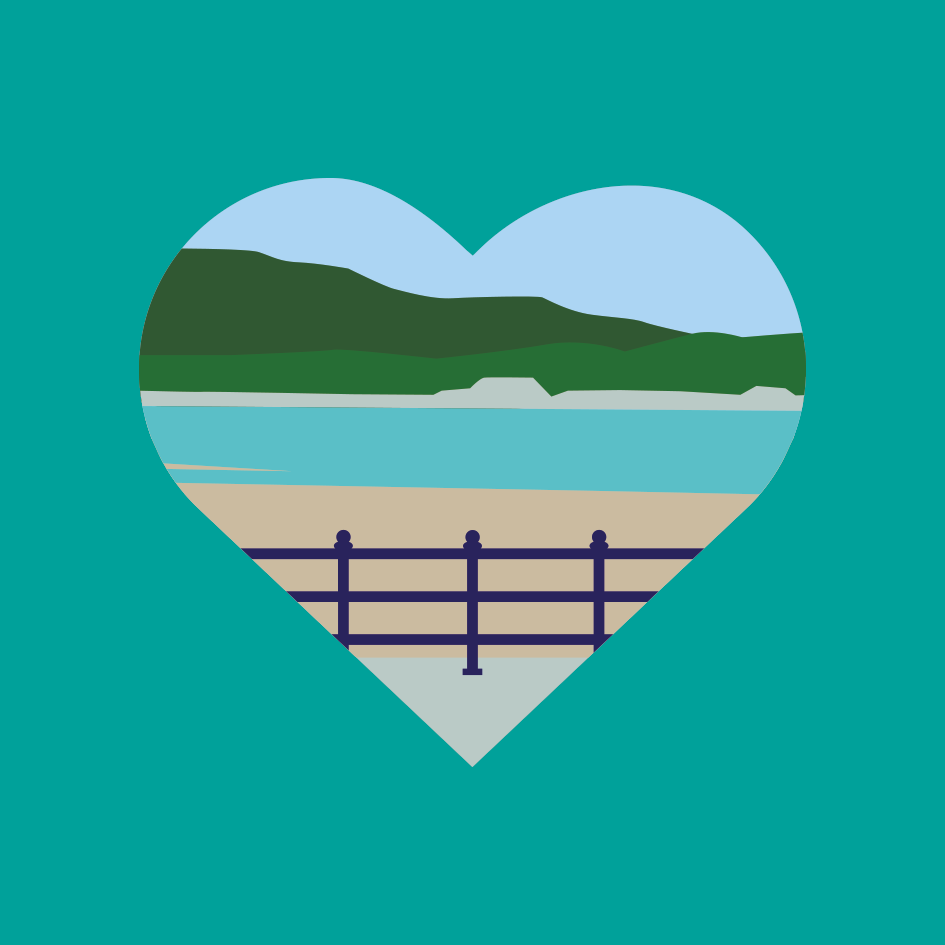Actions taken so far:
Throughout Morecambe Bay, you've helped us take
actions for nature, helping our wonderful wildlife to thrive!
Layers
Log your actions for nature on our form to join our map of nature action heroes.

Helping pollinators
Pollinators such as bees, butterflies and flies are incredibly important species, without them we wouldn't be able to grow food!
Some ways in which you can help pollinators include:
- Taking part in No Mow May (and continuing throughout the summer!)
- Avoiding using pesticides in your garden
- Planting nectar rich plants
- Providing safe spaces for pollinators to access water, like a wildlife pond with lots of plants and rocks for them to land on to take a drink
- Pledge to Butterfly Conservation's Wild Spaces campaign

Helping birds
There's lots of ways to help our bird populations to thrive particularly in winter when food is more scarce.
- Put out some food in a bird feeder during winter and early spring (and clean it regularly)
- Provide a shallow dish with some water in so they can have a drink (make sure to fill it every day)
- Plant some bushes that grow fruits in the winter such as pyracantha, rowan or honeysuckle
- Keep your dog on a leash when walking in areas that may have ground nesting birds - The law states you must keep your dog on a lead no longer than two metres between 1st March and 31st July* when on any open access land to protect ground-nesting birds - read more

Litter picking
Litter causes a lot of issues both on land and in our watercourses, with pollution getting into food streams and injuring wildlife.
You don't have to be on an organised litter pick to help, just pick up any rogue litter when you see it and pop it in the bin! Or how about going for a walk and picking up pieces as you go?
Check out these links for some more information on beach cleans and litter picking:
Lancaster City Council: Community Cleanups
The Wildlife Trusts: Do a litter pick or beach clean!

Citizen Science
Citizen Science is a super valuable way to help nature. By logging a few sightings of different wildlife species, you can help the scientific community to make decisions for the future protection of nature, influencing the direction of policy and conservation.
- Head to the beach and count how many eggcases you can find, before submitting your findings to the Shark Trust, there's even an app for that! - Android | iPhone
- Use iNaturalist to log findings of other species when you're out and about and join a huge community of citizen scientists the world over!
- Join one of the projects run by the British Trust for Ornithology
- Download the iRecord Butterflies app to log sightings of butterflies and moths with Butterfly Conservation

